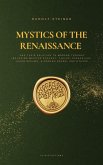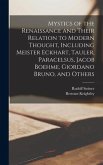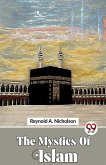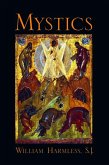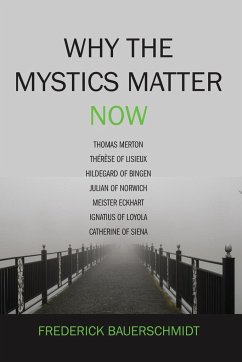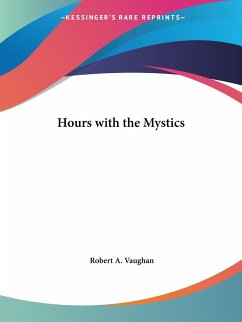In this work, Rudolf Steiner examines the lives and teachings of Meister Eckhart, Johannes Tauler, Paracelsus, Johannes Ruysbroeck, Jacob Boehme, Giordano Bruno, and others-spiritual free thinkers whose experiences transcended their time and anticipated the soul's quest for meaning in the modern age.Rather than treating mysticism as mere religious sentiment, Steiner reveals how these individuals cultivated a living relationship with the spiritual world-one that speaks directly to the deeper impulses behind philosophy, science, and personal transformation. By drawing connections between Renaissance mysticism and contemporary consciousness, Steiner encourages readers to rediscover the spiritual heritage of Europe as a vital resource for addressing today's internal and external challenges.This book is both as a tribute to the past and an invitation to awaken the spiritual capacities inherent in every individual. It is an invaluable resource for anyone interested in understanding the profound influences of Christian mysticism, Western esotericism, and the evolution of human consciousness.Excerpts: "Only he who knows the Spirit, in the sense of true Mysticism, can attain a full understanding of the facts of Nature""All these thinkers have in common a strong sense of the fact that in man's knowing of himself there rises a sun which illuminates something very different from the mere accidental, separated personality of the beholder.""It was clear to them that self-knowledge in its true form enriched man with a new sense, which unlocked for him a world standing in relation to the world accessible to him without this new sense as does the world of one possessing physical sight to that of a blind man." "For one who looks thus upon the inner life of man, it is also obvious what is the meaning of human cognition within the whole world-process."
Bitte wählen Sie Ihr Anliegen aus.
Rechnungen
Retourenschein anfordern
Bestellstatus
Storno


